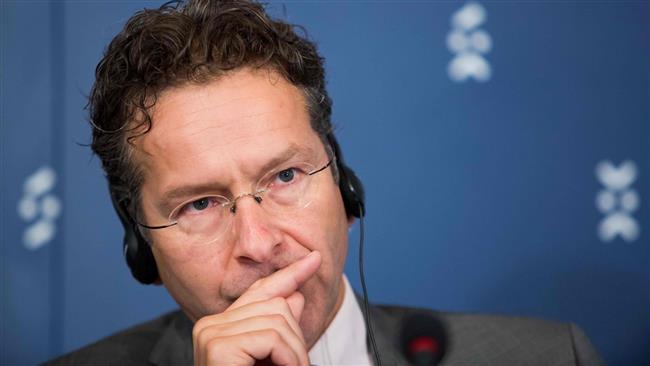-
Tips for becoming a good boxer - November 6, 2020
-
7 expert tips for making your hens night a memorable one - November 6, 2020
-
5 reasons to host your Christmas party on a cruise boat - November 6, 2020
-
What to do when you’re charged with a crime - November 6, 2020
-
Should you get one or multiple dogs? Here’s all you need to know - November 3, 2020
-
A Guide: How to Build Your Very Own Magic Mirror - February 14, 2019
-
Our Top Inspirational Baseball Stars - November 24, 2018
-
Five Tech Tools That Will Help You Turn Your Blog into a Business - November 24, 2018
-
How to Indulge on Vacation without Expanding Your Waist - November 9, 2018
-
5 Strategies for Businesses to Appeal to Today’s Increasingly Mobile-Crazed Customers - November 9, 2018
Greek PM emphasises Mediterranean unity at south European Union members summit
Under a deal signed previous year with euro zone countries, the European Central Bank and the International Monetary Fund, Greece can receive financial assistance of up to 86 billion euros by 2018 in return for agreed reforms.
Advertisement
The debt-ridden country is due to fulfill 15 reforms requested by its lenders, including privatization plans and energy sector changes, in September to get final Euro 2.8 billion (USD 3 billion) available in this tranche.
While work to enact the remaining requirements – such as asset sales and bank governance – for the latest payout is under way and the Greek government has time to qualify for the disbursement before it expires at the end of October, any persistent delays risk clouding the outlook for the next worldwide review of Greece’s bailout progress and the prospects for debt relief being dangled by the creditors.
During the Friday meeting in Bratislava in Slovakia, the European officials expressed concern Athens is falling behind schedule in its efforts to reform the economy.
There is uncertainty about Athens’ ability to meet its bailout commitments and the souring the political atmosphere in Greece, where the ruling Syriza party is losing the public’s approval.
German Finance Minister, Wolfgang Schaeuble, also noted that Greece still had time until the end of September to get back in line on its bailout program. And while the ministers do not appear concerned about stretching that deadline, there are limits – the disbursement of the money has to happen by October at the latest.
“At such a decisive moment, with populists and extremists hoping to see Europe breaking up, it was important to send a message of unity”, French President Francois Hollande said in remarks after the four-hour conclave.
Meanwhile, Slovak Finance Minister Peter Kazimir, whose country holds the rotating European Union presidency, praised Greece’s efforts to sort out its economic problems, but warned that the job is not done.
He called for measures that would boost growth and employment.
Both Apple and Ireland, Apple’s European headquarters, are appealing the decision.
Finance ministers meeting in Bratislava on Friday warned against letting deficits grow in the two countries. “No more tax havens”.
Tsipras, an anti-austerity champion who says the fiscal straitjacket favored by Germany will never allow weak economies such as Greece’s to recover, is also trying to swing more European Union states to his vision. The European Central Bank urged governments in the 19-country euro currency union Thursday to do more to improve economic fundamentals.
Advertisement
Kazimir projected optimism nonetheless, declaring “the future is bright”.





























